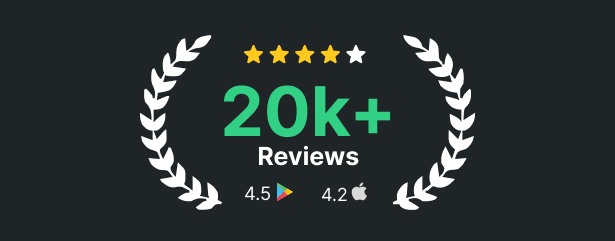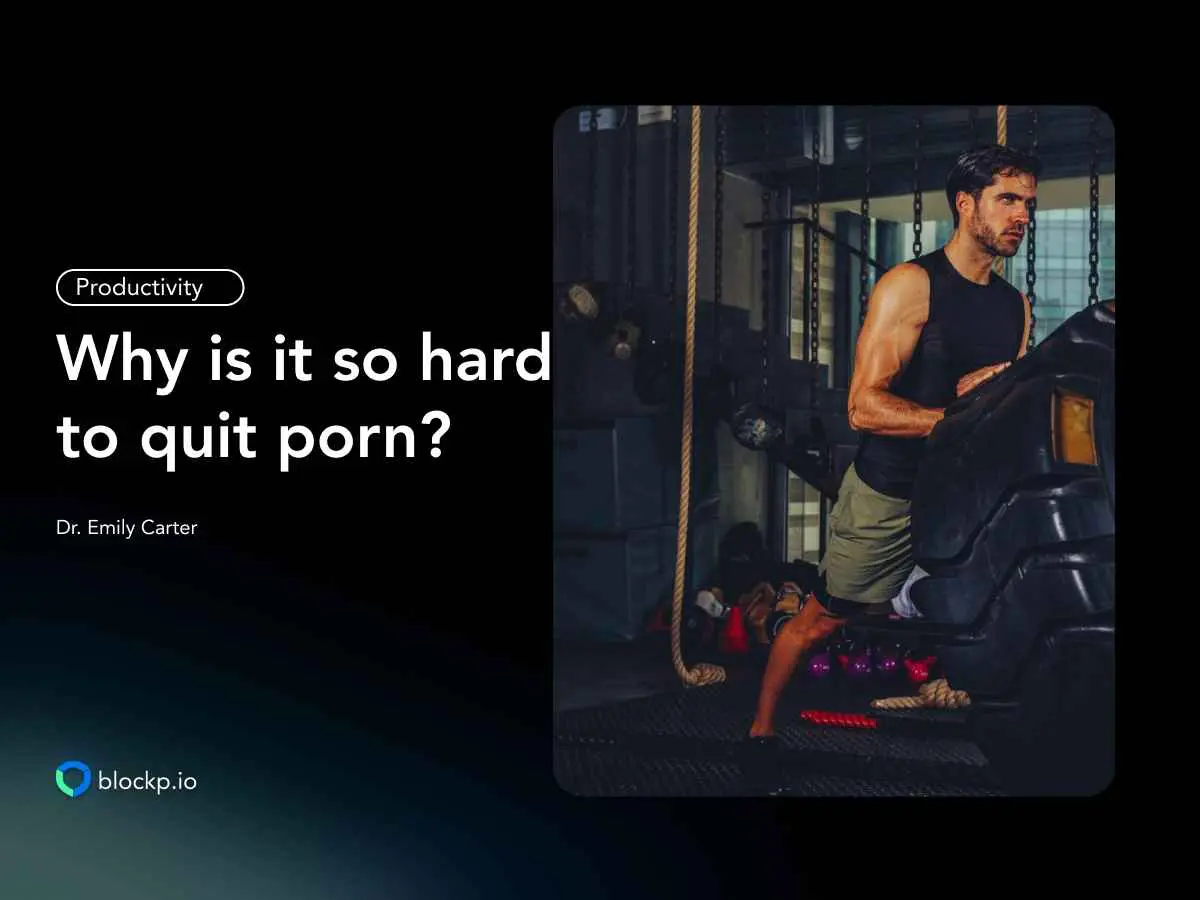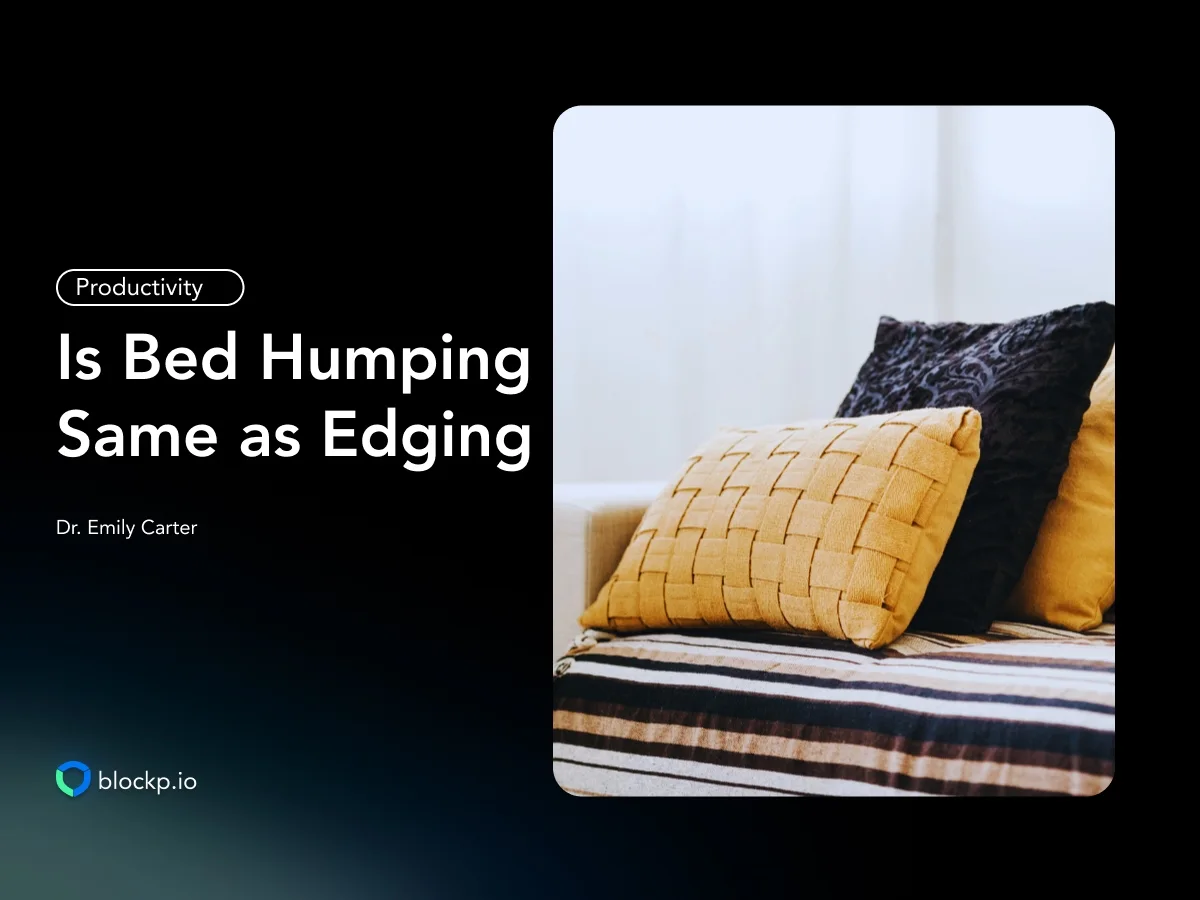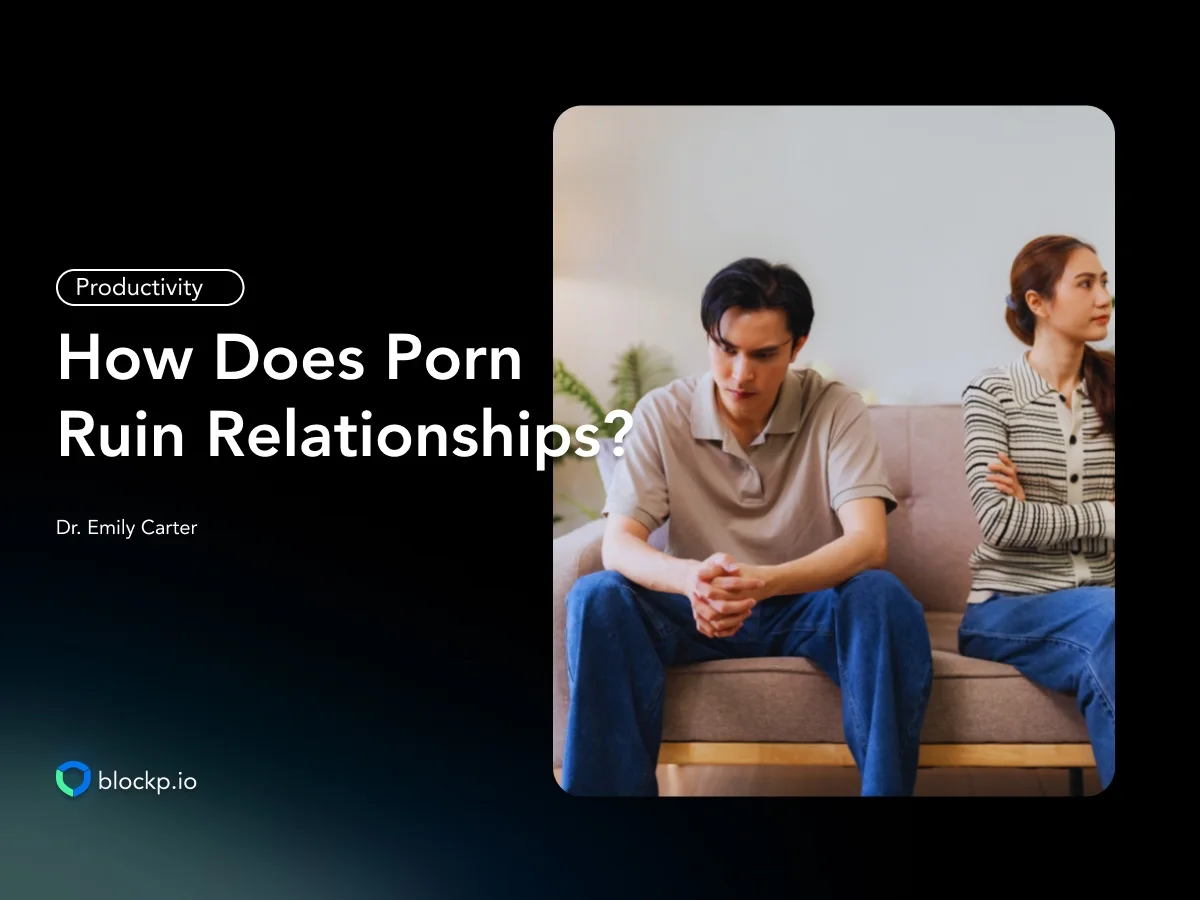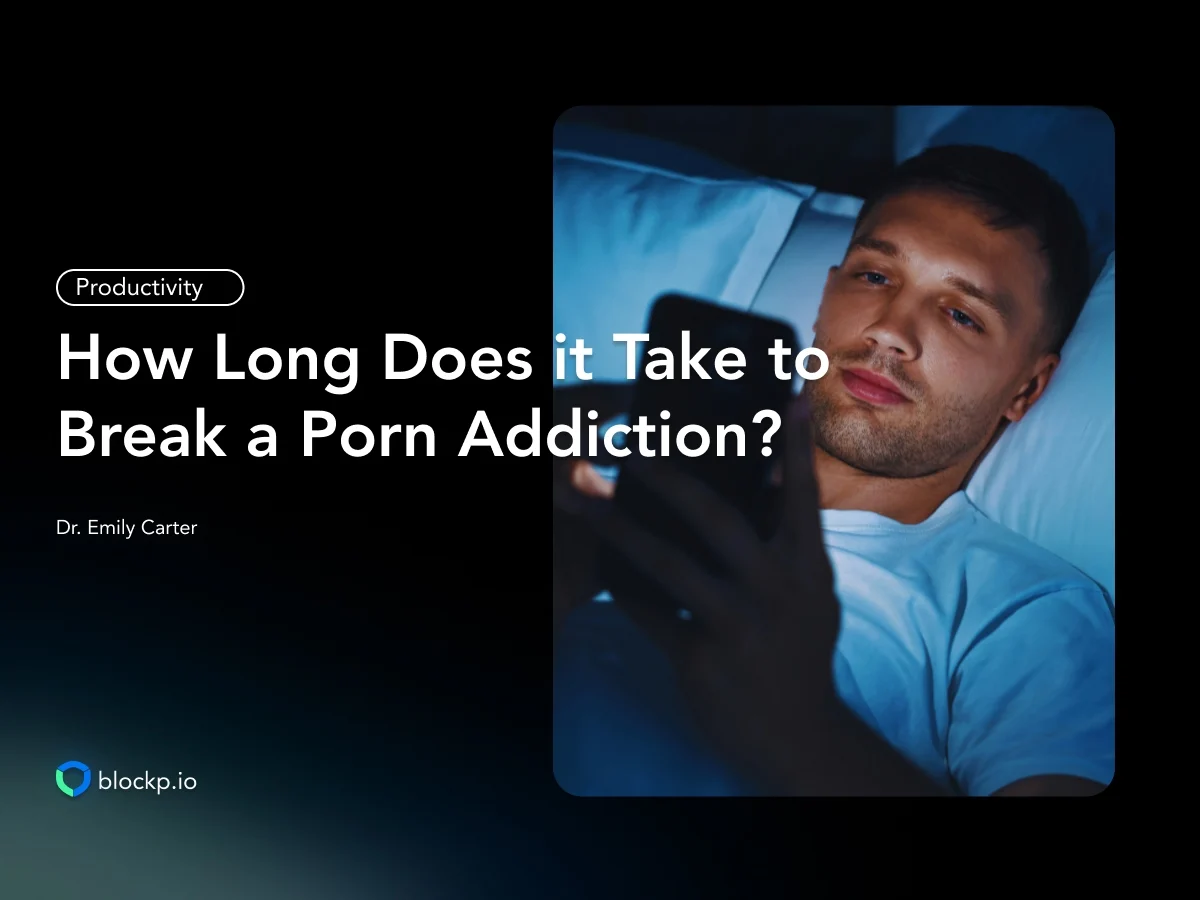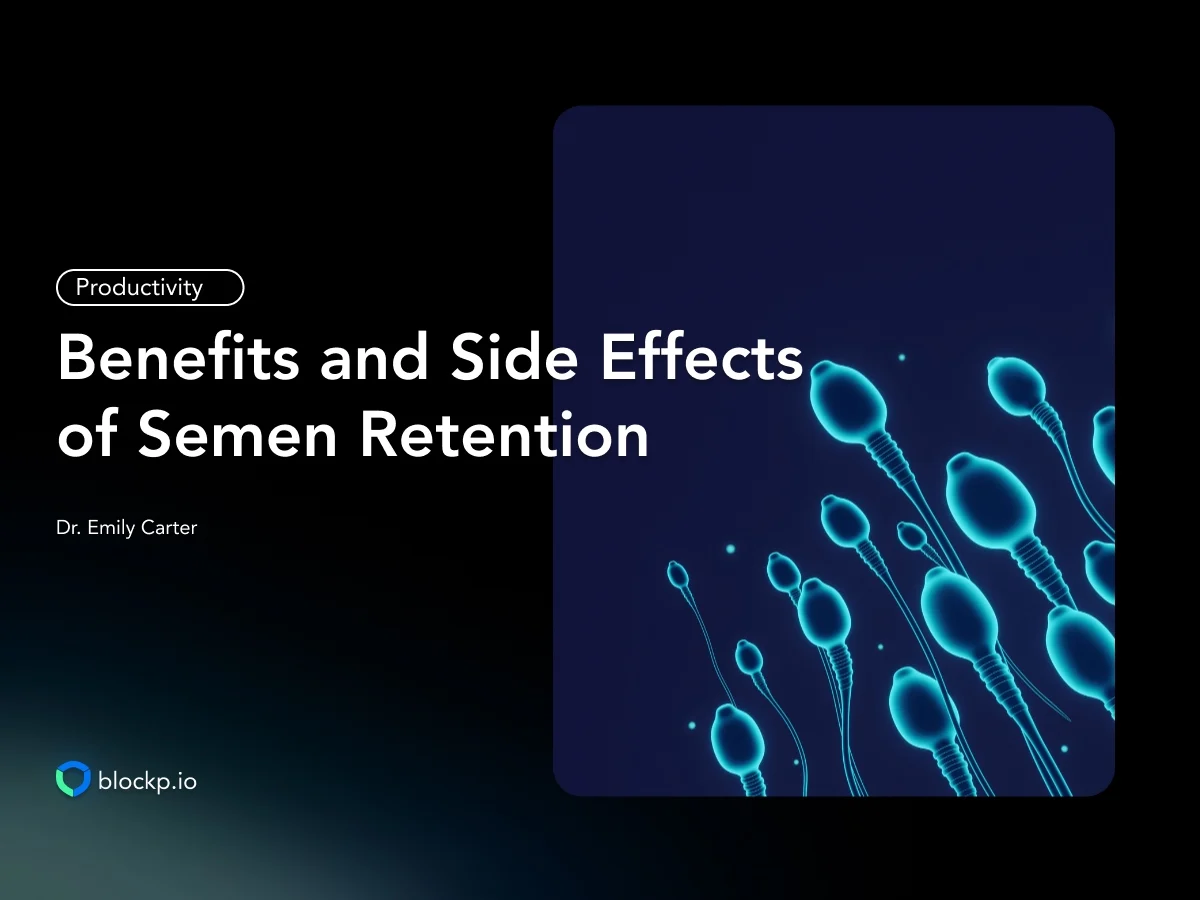Most people dismiss porn as an inconsequential habit. However, a consistent section of porn watchers continues to struggle with the question – Why is it so hard to quit porn?
Pornography does not technically fall under the medical definition of addiction. Still, roughly 3 to 8% of users of porn show compulsive sexual behaviors. So, while porn addiction rates are comparatively low, it still affects a large enough section of society to be considered a public health concern.
People struggling with Problematic Porn Use also experience cravings, withdrawal symptoms, and brain changes that are hallmarks of addiction. The accessibility and hyperstimulatory nature of internet porn further complicates the process of quitting porn.
Why Quit Porn?
Before we find answers to why is it so hard to quit porn, it is important to understand why you should quit porn.
- Porn is addictive – Porn hijacks your brain’s reward systems and creates dependency and desensitization, similar to other drugs.
- Porn affects your mental health – Problematic Porn Use (PPU) is linked to higher levels of psychological distress, stress, anxiety, and depression.
- Porn causes relationship conflicts – Secretive and problematic porn use is linked to lower relationship satisfaction and intimacy.
- Porn and sexual performance issues – Clinical surveys have linked excessive porn consumption to low libido and erectile dysfunction.
- Porn causes shame and guilt – The moral conflict of porn causes shame and guilt, even when the use is not extreme.
Can porn become addictive?
A key reason for why is it so hard to quit porn is that it can be addictive – just like any other drug.
When you repeatedly engage with porn, it creates powerful memories and associations that trigger the porn-seeking behavior. These compulsive behaviors can keep people stuck in an addictive loop.
- Sensitization to cues – With repeated exposure, your brain forms strong associations between the triggers (stress or bedtime) and the act of watching porn. Over time, these cues compel you to continue watching porn even when you don’t want to or feel no pleasure in the act.
- Desensitization and escalation – Over time, your brain can develop a tolerance and become desensitized to porn. However, the intense craving remains. So, you are driven to seek out more extreme forms of content or spend more time watching porn to experience the same level of satisfaction.
- Hypofrontality – Repeated exposure to porn can weaken the prefrontal cortex’s ability for inhibition, impulse control, and decision making. As a consequence, regulating and resisting urges becomes harder even when you want to quit porn.
- Stress system changes – Dysregulated stress management systems of the body increase the likelihood of relapse. Poor emotional regulation resulting from stress makes it harder to resist the porn cravings when one is anxious or tired.
- Persistence of brain changes – Even after quitting porn for months or years, your brain can still stay sensitive to the triggers. So, even after extended abstinence, a single cue can reactivate intense cravings and cause relapse.
5 Reasons Why is it so Hard to Quit Porn –
If you are struggling with the question, why can’t I quit porn? Its addictive potential is the primary reason. Additionally, other physiological and psychological factors help you answer the question, Why is it so hard to quit porn –
1. The brain and reward systems: why urges feel automatic
The novelty and rapid variation of porn expose the brain’s reward system to high-intensity sexual stimuli. The strong dopamine release during the process engages the brain’s reward circuitry and reinforces the association between triggers and behavior. So, watching porn becomes an automatic response to the cue.
2. Behavioral patterns that increase the risk of relapse
Private browsing and internet access remove the logistical barriers to accessing porn. The endless scrolling model of internet porn offers endless variety and novelty that encourages escalation. When porn watching is repeated in a pattern (specific time of the day or in bed), porn becomes simple to repeat and hard to replace.
3. Emotional and social drivers: it’s rarely “just” sex
Why is it so hard to quit porn? Because it is not just about sex or physical pleasure. Emotional difficulties such as loneliness, depression, and anxiety keep driving people back to porn. People also become dependent on porn to self-soothe and to manage stress or boredom. Unless one learns alternative ways to manage these negative emotions, it becomes hard to quit porn.
4. Cognitive factors: distorted beliefs and perceived loss of control
Cognitive factors and beliefs play an important role in why it is so hard to quit porn. Even when the consumption level is moderate, cognitive bias and unrealistic standards make people feel addicted. This perceived loss of control stems from the focus on motivation as the tool for recovery rather than practical strategies for gradual change.
5. Why therapy and self-help sometimes fail?
When we look at why is it so hard to quit porn, we find that brief attempts or a single strategy are not the most effective method. Even therapy or professional interventions might fail to address the multiple issues contributing to porn addiction. In the absence of practical relapse-prevention skills, it becomes harder to quit porn.
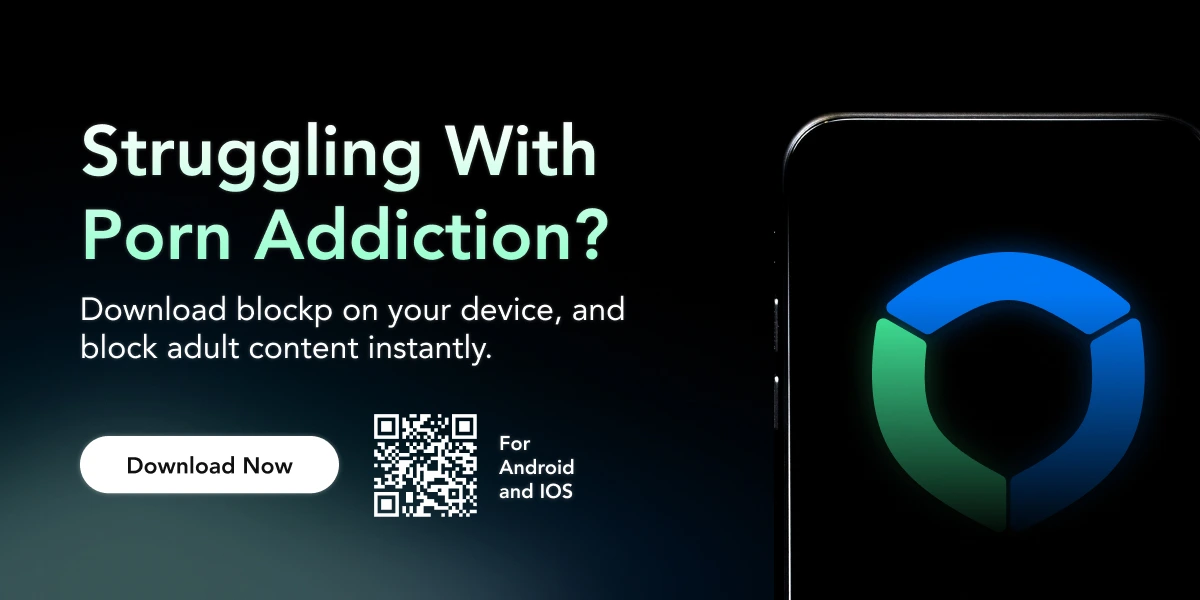
How Hard Is It To Quit Porn?
When we look at why is porn so hard to quit, we see people struggling with not only the mental or emotional dependency but also the shame and isolation of the habit.
“Quitting porn wasn’t a straight line. It was messy, painful, and full of relapses. I would tell myself every night that I wasn’t going to watch porn, and every night I would find myself back in front of a screen, doing the exact thing I swore I wouldn’t. The shame was the worst part. It wasn’t just about what I was watching — it was about feeling like I was completely out of control.” Abigail
One Reddit user explained that he had tried journaling, talking to friends, and reorganizing space to achieve 15 to 20 days of porn-free streaks. Still, he felt really hopeless, and the journey was much harder than expected.
Another Reddit user who relapsed after 60 days felt that porn addiction was mentally crippling. Even when he was disciplined in other areas in life, he couldn’t stay immune to the trigger of arousing content.
How can BlockP help in Quitting Porn Addiction?
BlockP is the best porn blocker for making your digital space free of pornography. If you are trying to quit porn, BlockP can help you prevent relapses and develop healthy digital consumption habits.
1. Reduce cue exposure
BlockP detects and blocks all explicit content (images, video, text) using AI. Its network-level filters work in real-time to keep you safe from accidental exposure to porn and nudity on websites and social media. So, you do not have to worry about cue exposure that triggers cravings and puts you at risk of relapse.
2. Understand the pattern & build alternative coping skills
BlockP acts as a pause that helps you break the powerful associations with porn. Suppose you try to access an adult website. In that case, BlockP not only blocks the website but also redirects you to a motivational quote. It also gives meditation prompts to help with emotional regulation and cravings management. Its focus mode restricts distracting Apps to support healthy digital behavior.
3. Address shame and seek social support
The online support community of BlockP gives you the community support and peer interactions crucial for recovery from porn addiction. Here you can learn practical strategies and community support for quitting porn. This is a non-judgmental space for you to break the shame and isolation of porn.
4. Plan for Setbacks
BlockP lets you add a trusted friend or a family member as an accountability partner. They can set a password to prevent you from uninstalling the porn blocker. If you try to access pornography, the accountability partner gets an immediate notification, and they can step in. So, even in your weakest moment, BlockP prevents relapses.

